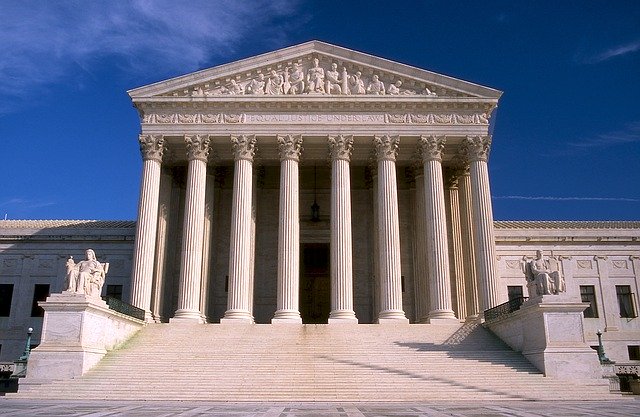What is the Crime of Conspiracy?
Sometimes, criminal defendants come to us not because they themselves have committed a crime, but because they have been caught up in the eddies of another person’s criminal act. They’re being charged with conspiracy, often either in a drug case, money laundering case, or fraud case.
Many people in this situation are deeply in over their heads and may even have minimal knowledge of the criminal activities that were taking place. It’s important to understand what you’re being charged with and what your options for defending yourself are.
The Definition of Conspiracy
The act of conspiracy happens when two people agree to commit a crime. The very act of agreement is a crime, regardless of whether or not you complete the crime. It’s not necessary for you to come up with a good plan. It’s not necessary for you to come up with a plan at all.
Of course, most people never get caught and arrested for mere agreement. They usually take some sort of concrete step towards committing the crime or completing the crime. Indeed, the statute of limitations for the federal conspiracy statute begins from your last overt act committed in furtherance of the conspiracy.
It is not necessary for you to complete the crime successfully to be charged with conspiracy.
The crime of conspiracy is also unique in that the prosecution does not necessarily have to show a paper trail or get a recording of you agreeing. They can often point to the circumstances surrounding the crime, and your activities leading up to the commission of the crime, to make their case.
Another thing that’s unique about this charge is that you can be held responsible for your conduct and the conduct of your co-conspirators whether they get charged or not, whether they’re found guilty or not, and whether or not you had any real knowledge of what was going on.
Is Conspiracy a Serious Charge?
Conspiracy is a very serious charge. According to the Supreme Court in United States v. Moussaoui, a “collective criminal agreement—[a] partnership in crime—presents a greater potential threat to the public than individual delicts. Concerted action both increases the likelihood that the criminal object will be successfully attained and decreases the probability that the individuals involved will depart from their path of criminality.”
Depending on the type of offense there are mandatory minimums for conspiracy charges. For example, the mandatory minimums for a drug conspiracy charge would be five years.
Defenses
In order for a charge of conspiracy to exist both parties must intend to commit the crime. This precludes federal agents from entrapping people by getting them to talk about a theoretical crime they might commit. The agent didn’t intend to commit the crime, so there was no real conspiracy.
If you withdrew from the conspiracy or stopped taking action on its behalf that information might work in your favor. Your defense attorney may also be able to get you an immunity agreement if you’re willing to share what you know about people who were more deeply involved or central to the conspiracy.
If you’re in trouble, don’t wait for the full weight of the federal court to come crashing down on your head. Contact Koch Law to set up a consultation today.
See also:
Should You Go to Court if Accused of a White Collar Crime?
How Long Do the Feds Have to File Charges?
Do Federal Cases Ever Get Dismissed?




